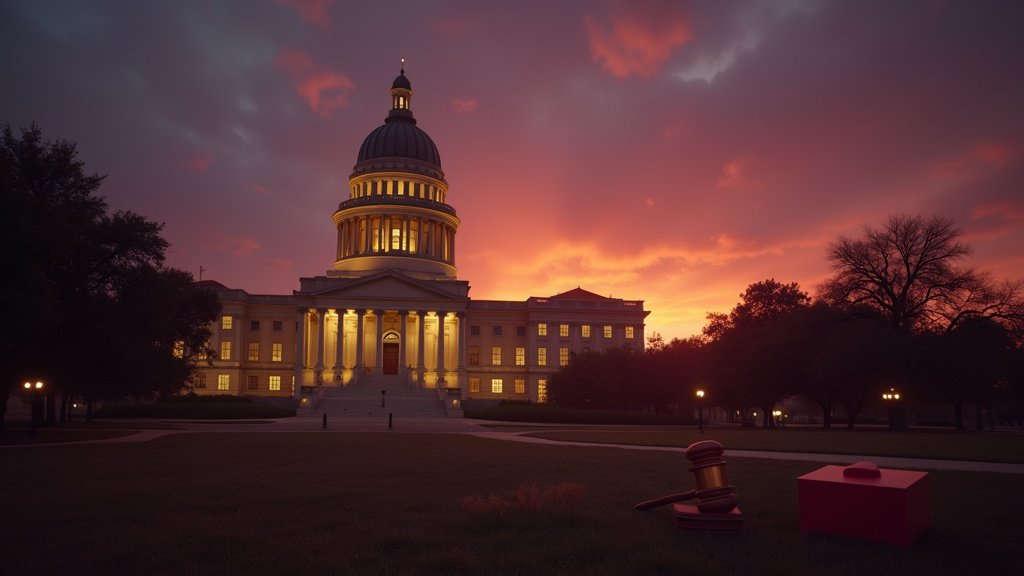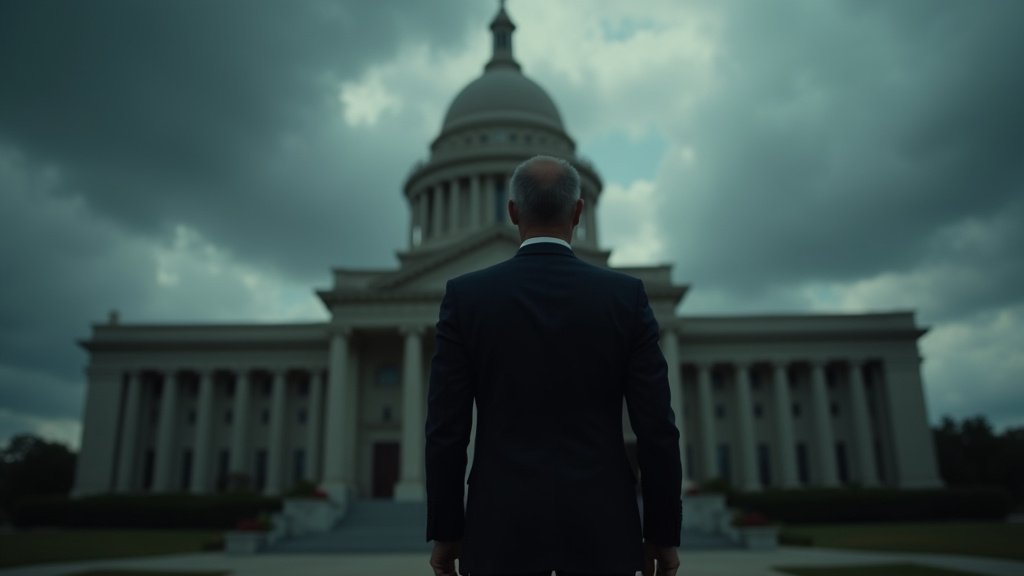AUSTIN, Texas – The Texas Legislature has officially adjourned its second special session of 2025, concluding a period of intense legislative activity that saw the passage of key conservative priorities, a significant redrawing of congressional districts, and substantial reforms in education and legislative conduct. Governor Greg Abbott is expected to sign into law a slate of bills that advance the Republican agenda and reflect the state’s conservative direction. This session, marked by partisan contention and focused efforts to address Governor Abbott’s agenda, delivered notable outcomes across various sectors, making it a trending topic in Texas news.
GOP-Gains: New Congressional Map Signed into Law
A central achievement of the special session was the approval of a new congressional redistricting map. This highly anticipated map, requested by former President Donald Trump, is designed to bolster Republican representation in the U.S. House of Representatives, potentially adding up to five GOP seats. The redistricting effort was not without controversy, as it faced strong opposition from Democrats who argued it was a partisan gerrymander intended to dilute the voting power of Texans of color. The passage followed a period of legislative disruption, including a quorum break by House Democrats, who temporarily fled the state to protest the map.
Conservative Priorities Advance: Abortion Pills and Transgender Rights Targeted
The legislative session saw significant advancements on socially conservative issues. Lawmakers passed a measure that permits Texas residents to sue out-of-state providers who supply abortion pills into Texas. This novel approach aims to enforce the state’s strict abortion ban and is expected to face legal challenges, marking a new frontier in the ongoing legal battles over reproductive rights. Additionally, legislation was advanced to restrict transgender individuals’ access to public restrooms in government buildings and schools, mandating that facilities be designated according to “biological sex.” This bill has drawn criticism from LGBTQ+ advocacy groups concerned about its potential impact and the encouragement of “gender policing.”
Education Overhaul: STAAR Test Replaced with New Assessments
In a move long sought by educators and parents frustrated with the high-stakes nature of standardized testing, the Legislature approved legislation to replace the State of Texas Assessments of Academic Readiness (STAAR) test. Starting with the 2027-28 school year, students will take three shorter assessments administered throughout the academic year, rather than a single, comprehensive end-of-year exam. Proponents argue this reform will reduce student stress, provide more timely feedback, and improve the overall accountability system. The bill also includes provisions to ban district-mandated benchmark tests, aiming to reclaim instructional time.
Legislator Accountability: Penalties for Quorum Breaks Implemented
In response to the recent quorum break by House Democrats, lawmakers took steps to increase accountability for legislative absences. Measures were passed to penalize lawmakers who break quorum, including increased daily fines and limitations on fundraising activities during such absences. One bill would prohibit lawmakers from accepting campaign contributions exceeding their daily per diem while actively impeding legislative action. These measures aim to discourage future quorum breaks and ensure the smooth functioning of the legislative process, making this a featured news item.
Campus Speech Curbs and Classroom Prayer Initiatives
The session also addressed issues of speech on college campuses and religious expression in schools. A new law was passed limiting “expressive activities” on public university campuses, restricting activities during certain hours and at specific locations. This legislation has already faced legal challenges, with free speech organizations filing lawsuits arguing it infringes upon First Amendment rights. In parallel, Attorney General Ken Paxton has actively encouraged Texas schools to implement a new law allowing for voluntary prayer and scripture reading in classrooms, recommending the Lord’s Prayer as an example, further sparking discussions on church-state separation.
Water Security and Untouched Agendas
Concerns regarding water security in East Texas were addressed with legislation proposing a pause on proposed groundwater exports pending a study of the region’s aquifers. This move comes amid local resident opposition to a businessman’s plan to extract significant volumes of water. However, not all legislative priorities reached the finish line. Efforts to regulate or ban consumable hemp products, particularly THC, stalled in the House, leaving the state’s hemp industry largely untouched by new regulations or bans.
Governor Abbott’s Role and Session Wrap-Up
Throughout the special session, Governor Greg Abbott played a central role, calling the sessions and championing key legislative items. His administration’s priorities, including redistricting, abortion pill enforcement, and education reform, were largely advanced. The Legislature’s conclusion on September 3rd marked the end of a demanding period, with many of Abbott’s agenda items successfully passed. The session’s outcomes reflect a strong push for conservative policies and a reshuffling of the state’s political landscape.
This period of legislative action in Texas is a trending news story, highlighting the state’s dynamic political environment and the significant impact of its lawmakers’ decisions.






